Choosing the Right Non-Wood Composite Decking Material for Your Outdoor Space
Introduction
Decking is a significant component of any outdoor space, offering both aesthetic appeal and practicality. With the increasing awareness about environmental sustainability, non-wood composite materials have gained popularity as an alternative to traditional wood. These materials are designed to offer durability, low maintenance, and a wide range of design options. In this article, we will explore the different types of non-wood composite decking materials available in the market, compare their properties, and provide tips on how to choose the right one based on your specific needs.
Overview of Non-Wood Composite Decking Materials
Non-wood composite decking materials are typically made from a blend of wood fibers or sawdust and recycled plastic. They come in various forms and compositions, each with unique properties that make them suitable for different applications. The most common types include PVC (Polyvinyl Chloride) decking, cellular PVC, and fiber-reinforced composites.
PVC Decking
PVC decking is known for its exceptional resistance to moisture, stains, and fading. It is easy to clean and maintain, making it a popular choice for homeowners who prefer a low-maintenance option. However, PVC can be more expensive than other materials and may not be the best choice if you’re looking for a natural wood look. Additionally, PVC can become hot under direct sunlight, which might affect the comfort of barefoot walking.
Cellular PVC Decking
Cellular PVC decking is similar to standard PVC but has a foamed structure that makes it lighter and more resistant to warping. This material also offers excellent color retention and is highly resistant to fading, even after prolonged exposure to UV rays. Cellular PVC is easier to install compared to traditional wood, and it requires minimal maintenance, such as occasional cleaning with soap and water.
Fiber-Reinforced Composites
Fiber-reinforced composites combine wood fibers with plastic to create a strong and durable material. These composites often retain the natural look and feel of wood while offering enhanced resistance to rot, insects, and moisture. Fiber-reinforced composites are generally more affordable than PVC options and are available in a variety of colors and textures. However, they may require more frequent maintenance than PVC or cellular PVC, especially when exposed to harsh weather conditions.
Tips for Selecting the Right Non-Wood Composite Decking Material
When choosing the right non-wood composite decking material, consider the following factors:
- Climate: If you live in an area with extreme weather conditions, such as high humidity or frequent rainfall, opt for materials like PVC or cellular PVC that offer superior moisture resistance.
- Budget: While PVC and fiber-reinforced composites are generally more cost-effective, cellular PVC tends to be pricier due to its advanced features. Determine your budget before making a decision.
- Design Preferences: Consider whether you want a natural wood look or a modern, low-maintenance finish. PVC and cellular PVC offer a sleek appearance, while fiber-reinforced composites can mimic the texture of real wood.
Conclusion
Non-wood composite decking materials provide a sustainable and versatile solution for enhancing your outdoor living space. By understanding the properties of different materials and considering factors like climate, budget, and design preferences, you can select the perfect option to suit your needs. Whether you choose PVC, cellular PVC, or fiber-reinforced composites, these materials offer durability, low maintenance, and a range of aesthetic possibilities.
Reference
How to Choose the Right Decking Material, Home Depot
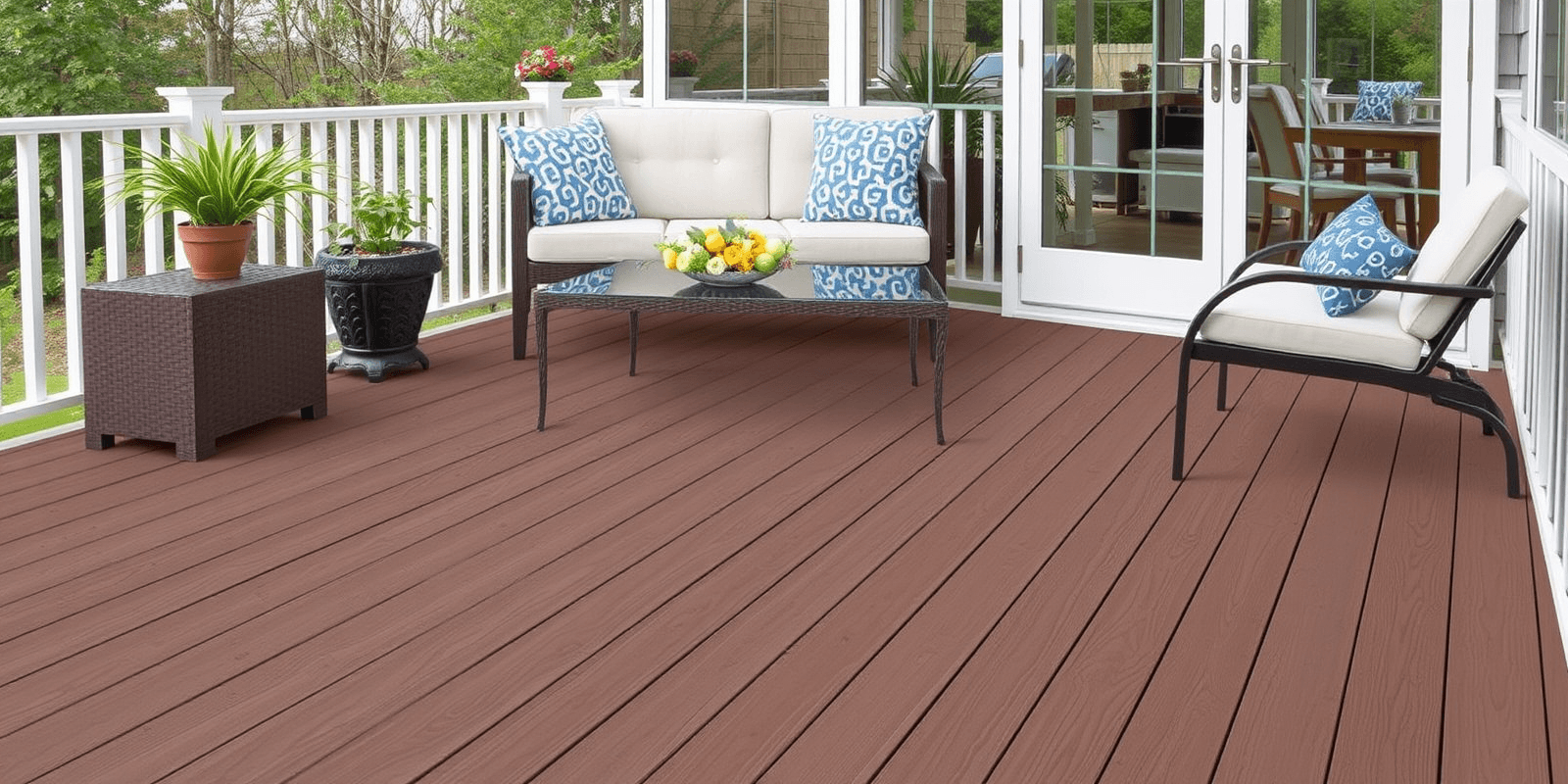
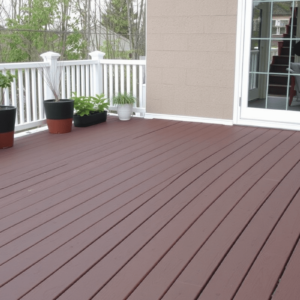
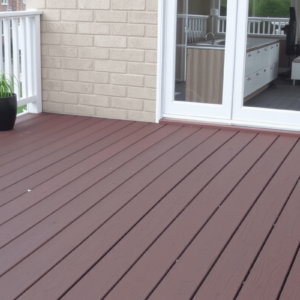
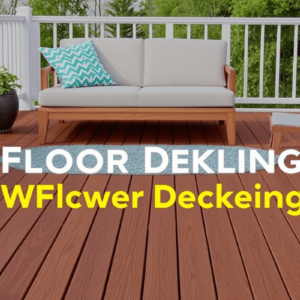
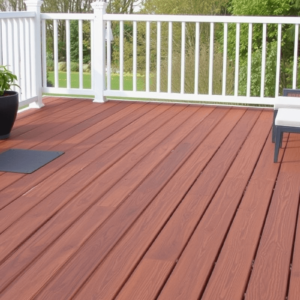
Reviews
There are no reviews yet.